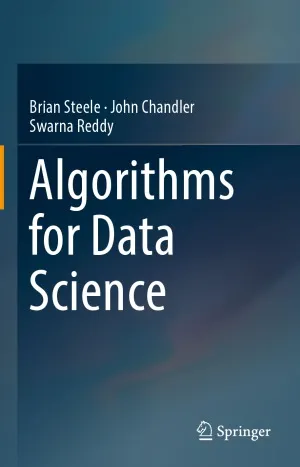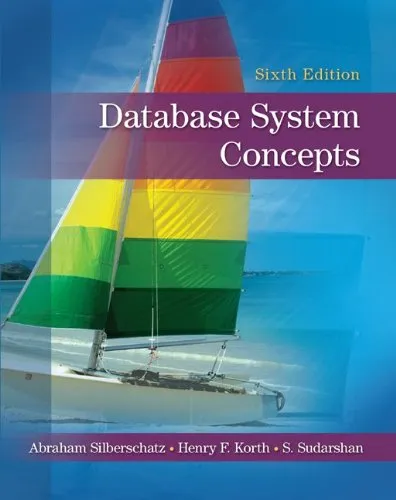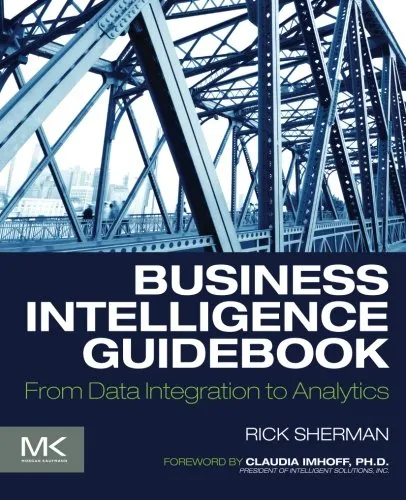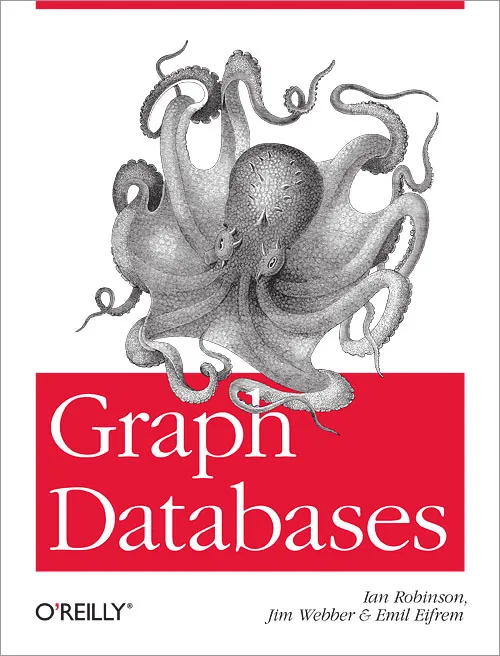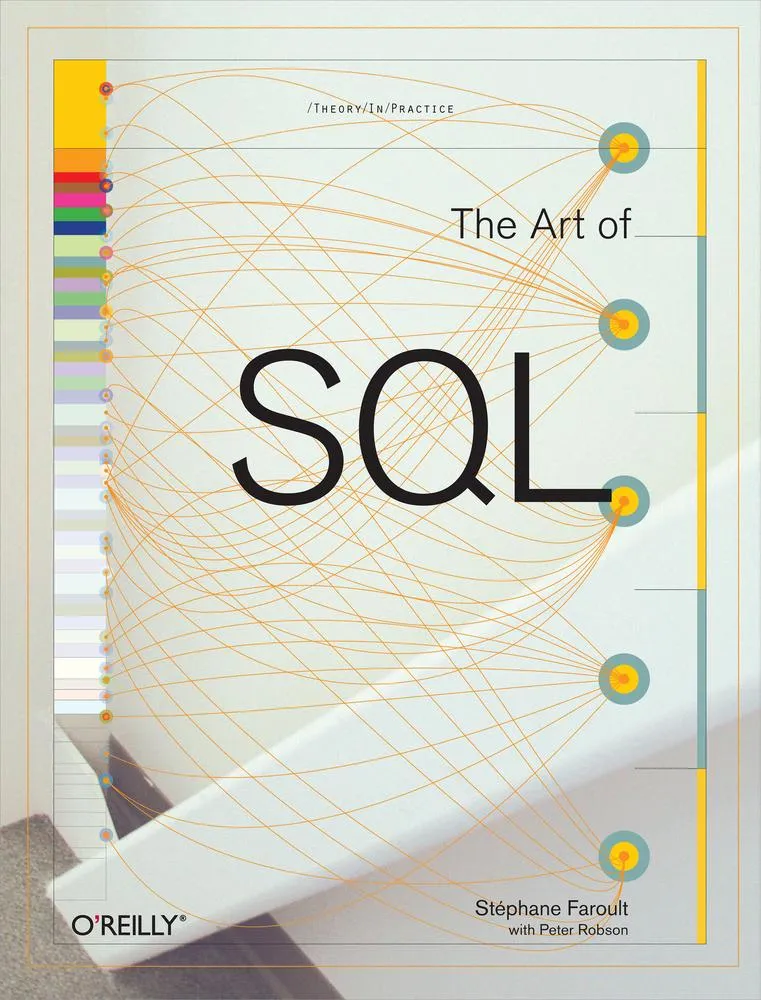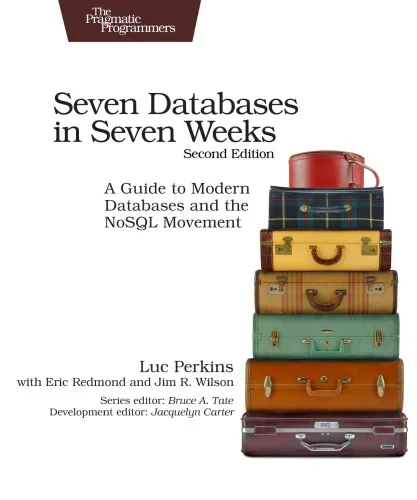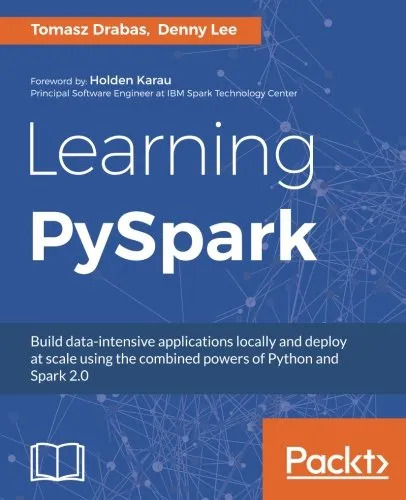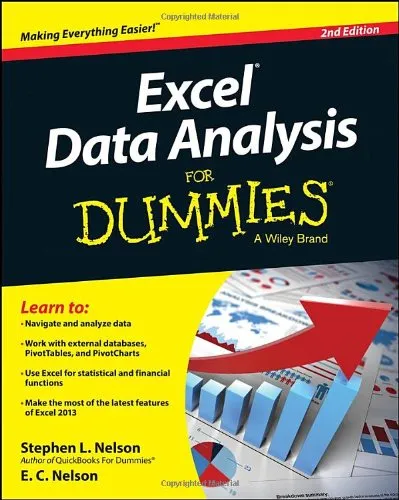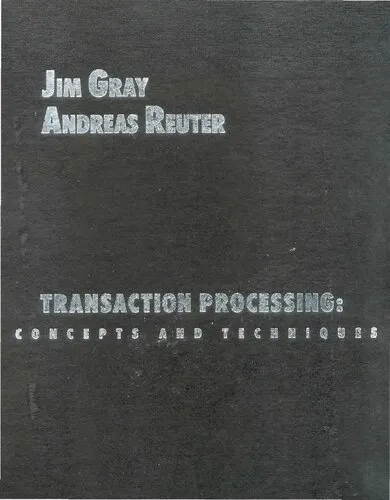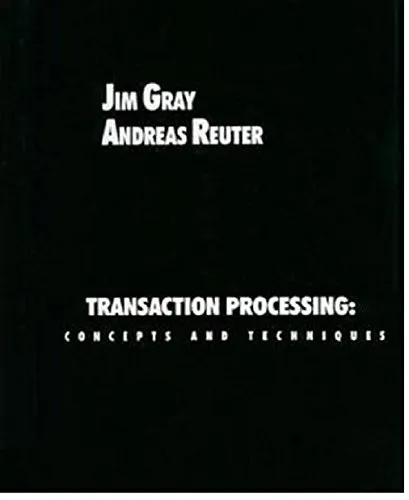Algorithms for Data Science
4.5
Reviews from our users

You Can Ask your questions from this book's AI after Login
Each download or ask from book AI costs 2 points. To earn more free points, please visit the Points Guide Page and complete some valuable actions.Related Refrences:
Introduction to "Algorithms for Data Science"
Welcome to Algorithms for Data Science, a carefully crafted guide designed to demystify the world of algorithms within the realm of data science. This book serves as your go-to resource, whether you are an aspiring data scientist, a seasoned professional, or simply an enthusiast eager to understand how algorithms drive decisions in today’s data-driven world. Leveraging years of expertise, we have structured this book to make complex concepts accessible, practical, and actionable.
In this rapidly evolving technological world, data science plays a cardinal role in shaping industries across all domains. Yet, at the heart of this discipline lies one indispensable element: algorithms. Through computation, logic, and theory, algorithms transform raw data into tangible insights. Our aim for this book goes beyond teaching you how to use these algorithms; we teach you how to think with them. From foundational algorithms to advanced techniques, this book equips you with the tools necessary to solve real-world problems effectively.
Written for learners at many levels of proficiency, Algorithms for Data Science weaves intricate mathematical concepts, programming applications, and case studies into an easy-to-follow narrative. The chapters unravel everything from fundamental algorithmic principles to their applications in areas such as classification, clustering, data visualization, and even emerging fields like deep learning. With a mix of theory and practical implementation, this book serves as both a primer for beginners and a refresher for advanced practitioners.
Detailed Summary of the Book
The book begins with an overview of data science as a discipline, emphasizing the critical role algorithms play in making sense of large datasets. It then carefully transitions into core mathematical and statistical concepts such as linear algebra, probability, and optimization, which form the backbone of many data science techniques.
Subsequent chapters explore specific algorithms, categorized into supervised and unsupervised learning, optimization problems, and advanced topics like ensemble learning and neural networks. These discussions are supplemented with Python-based examples, ensuring readers gain hands-on experience. The final chapters explore model evaluation, performance improvement strategies, and ethical considerations in algorithm design. In its entirety, the book not only teaches how things work but also delves into why they work and when to apply them.
Key Takeaways
- Gain a robust understanding of foundational data science algorithms, including their implementation and underlying mathematics.
- Learn to apply algorithms effectively for real-world tasks like data preprocessing, classification, clustering, and predictive modeling.
- Build the confidence to use Python libraries like NumPy, pandas, and scikit-learn for designing custom algorithmic solutions.
- Understand the trade-offs in algorithm design, from interpretability versus performance, to resource constraints and scalability.
- Develop insights into cutting-edge topics, including ensemble methods, neural networks, and ethical issues associated with algorithms.
Famous Quotes from the Book
"An algorithm is not just a set of instructions; it is a lens through which we extract structure, make decisions, and ultimately, shape the impact of data."
"The beauty in algorithms lies in their simplicity—they seek to explain the intricacies of the world with elegant logic."
"In data science, the real challenge is not in finding algorithms but in understanding which algorithms to use and, perhaps more importantly, when not to use them."
Why This Book Matters
In an industry inundated with resources, what sets Algorithms for Data Science apart is its balanced approach to both theory and practical application. Many books either focus solely on implementation, skipping the fundamental "why," or delve so deep into theoretical mathematics that they alienate non-academic readers. Here, you get the best of both worlds.
Furthermore, this book emphasizes ethical considerations—an often overlooked aspect of data science. In an era where algorithmic decisions impact lives, from determining credit scores to diagnosing illnesses, understanding the social dimensions of algorithm design is vital. Whether you are building prototypes or managing large-scale applications, this book ensures you consider the broader consequences of your work.
Lastly, by blending pedagogical clarity with actionable examples, Algorithms for Data Science empowers you to not just learn but create. By the end of the book, you will not only have mastered the essential algorithms but will also confidently innovate in the ever-expanding world of data science.
Free Direct Download
You Can Download this book after Login
Accessing books through legal platforms and public libraries not only supports the rights of authors and publishers but also contributes to the sustainability of reading culture. Before downloading, please take a moment to consider these options.
Find this book on other platforms:
WorldCat helps you find books in libraries worldwide.
See ratings, reviews, and discussions on Goodreads.
Find and buy rare or used books on AbeBooks.
1334
بازدید4.5
امتیاز0
نظر98%
رضایتReviews:
4.5
Based on 0 users review
Questions & Answers
Ask questions about this book or help others by answering
No questions yet. Be the first to ask!
